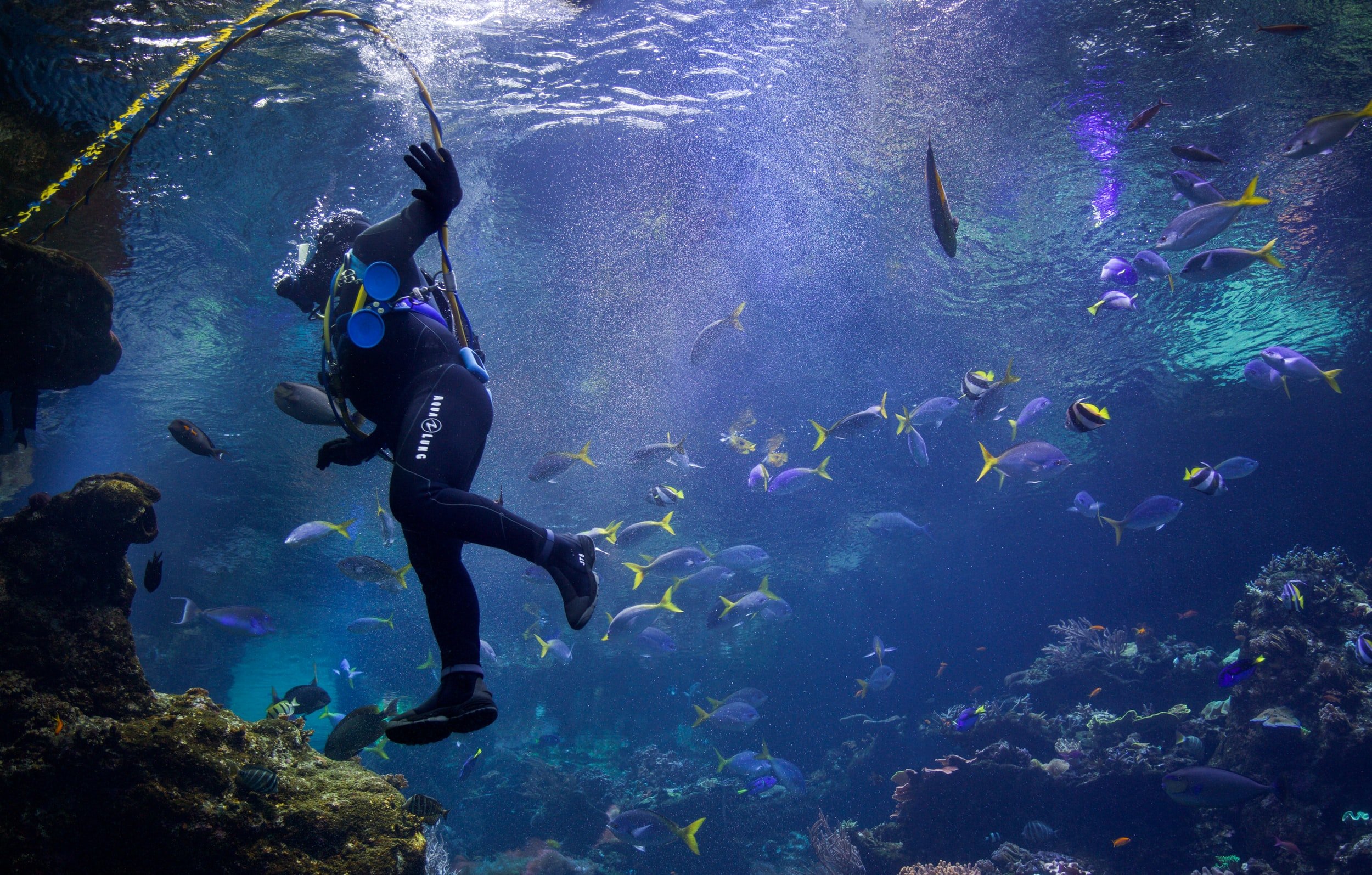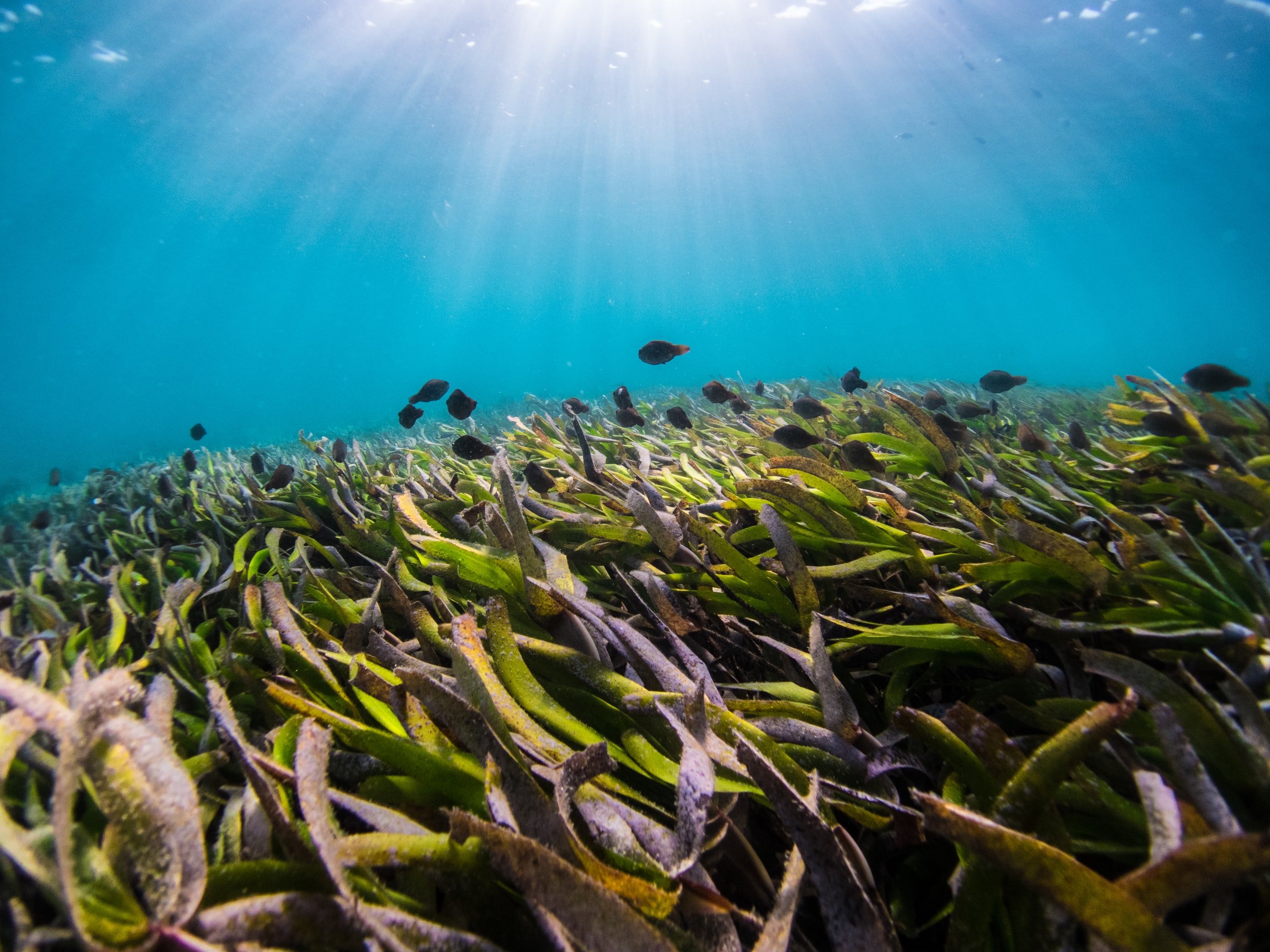
Ocean Biomolecular Observing Network (OBON)
OBON focuses on biomolecules, such as DNA, RNA, and proteins, and aims to develop a global system that will allow science and society to understand ocean life like never before.
Founding co-ordinators:
Professor Willie Wilson, Marine Biological Association
Dr Sophie Seeyave, Plymouth Marine Laboratory
Developed by Partnership for the Observation of the Global Ocean (POGO)
Chaired by Margaret Leinen at Scripps Institution of Oceanography, USA.
The programme will develop and use techniques such as eDNA analysis, metabarcoding, and omics to enhance coastal and open ocean biodiversity observations. These biomolecular technologies will be used to monitor, research and understand life in the sea at every trophic level and scale, how life varies in response to climate and anthropogenic impacts, including fisheries, and how these changes impact society.
The high level objective is broken down into four specific components. To:
build a coastal-to-open ocean multi-omics biodiversity observing system over the Ocean Decade;
develop and transfer capacity so as to initiate additional marine biomolecular observation activities through training programmes combined with funded equipment programs supported by development/aid agencies and philanthropy;
enhance marine ecosystem models – including new modelling based on machine learning – by adding biomolecular components so the models can utilise data collected from the coordinated molecular observations described in O1 and generate 4D multi-omic biodiversity seascapes;
address pressing scientific, management, and policy questions linked to the state and dynamics of life in the ocean, including exploited resources and those affected by other pressures.

